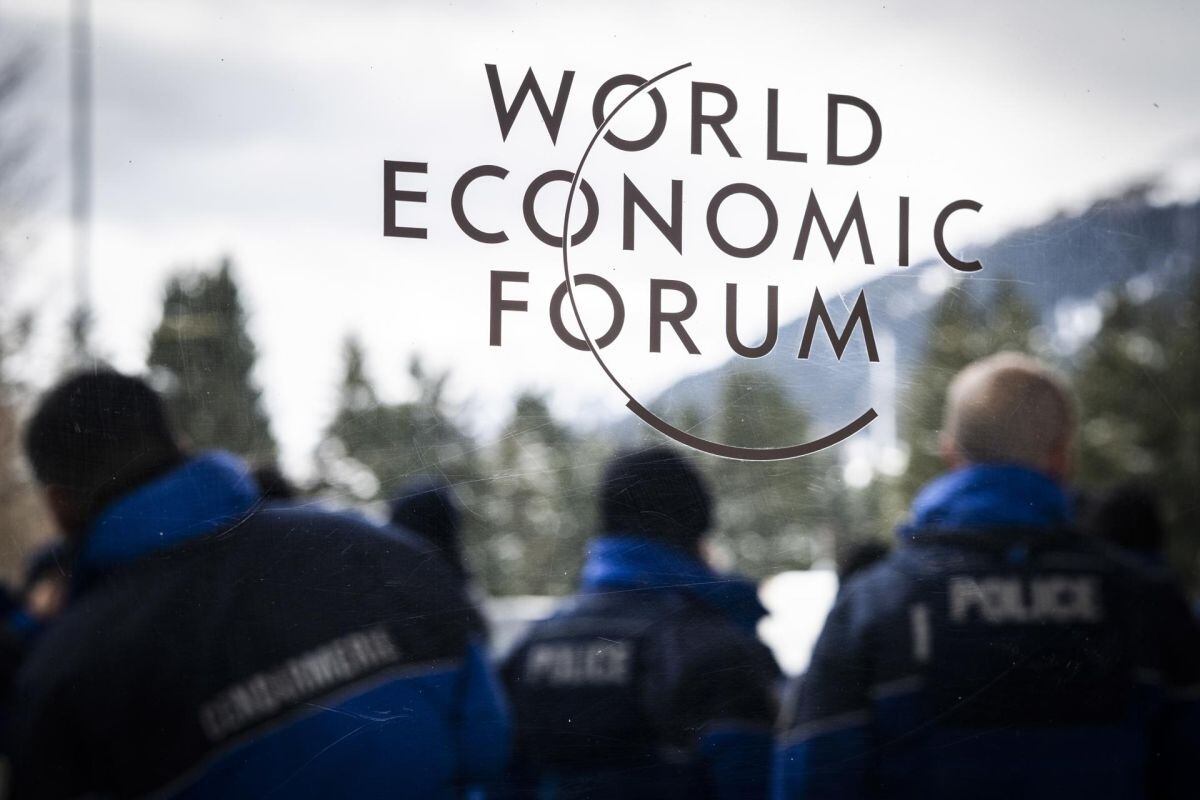
According to experts gathered in Davos 2023global inflation is likely to have peaked, but the cost-of-living crisis facing developing countries and people with lower incomes is unlikely to abate anytime soon.
Gita Gopinath, deputy managing director of the International Monetary Fund, participated in the Forum session “Stop the cost of living crisis”: “We believe that, in terms of headline inflation for the world economy, it peaked in 2022″.
according to World Economic Forum, Participants agreed that inflation is inextricably linked to the cost of living crisis and that tackling it is key to alleviating cost contraction in the long term.
READ ALSO: Employment in mines falls 7.3% and if conflicts continue it would maintain a downward trend
However, Gopinath warned that “even if inflation goes down, prices are high because we do not have deflation, but rather lower levels of inflation. Prices have gone up. The impact that this has had on households and on consumption varies from country to country.”
Protect all levels of society from the cost of living crisis
German Finance Minister Christian Lindner highlighted the 200 billion euro “economic shield” mobilized by his country to protect consumers from the cost of living crisis, but said he hoped the country would not need the full amount.
“Price levels are lower than we expected. We have fewer cases of hardship, so my expectation is that we won’t need the entire protective shield of 200 billion. Which is good news.”
He added that, in addition to protecting the most vulnerable in society, the middle class must also be protected from the cost of living crisis.
“From the German, and probably European perspective, we are doing a lot for the most vulnerable, paying social benefits. But we have to ask ourselves: what can we do to stabilize skilled people who work hard, playing by the rules?
Your answer: “A renaissance of competitiveness, so that our companies can pay their salaries… we have to reform the electricity market, we have to reduce the charges, for example, in taxation, we have to improve the framework conditions for our SMEs ( Small and Medium Enterprises) in Germany and all these measures on the supply side.”
The panel also agreed that the knee-jerk industry reaction to “re-shoring” in response to the supply chain shock of the COVID-19 pandemic should be avoided if it is to be effectively addressed. inflation and the cost of living crisis.
READ ALSO: Companies still far from using 100% of the tax benefit for investing in innovation
The business perspective
Alan Jope, CEO of Unilever, stated that “the fragmentation of the supply chains it’s another inflationary pressure in this economy” and warned more generally about the dangers of inequality.
“The cost of living crisis disproportionately affects those at the bottom of the pyramid. There is so much talk about tightening rates, and stimulus spending, that I think the only way to break the long-term trend of rising inequality is productivity.”
He explained that Unilever has increased the wages it pays its own workers, suggesting that others do the same.
Laura D’Andrea Tyson, Professor of Economics at the University of California at Berkeley, also highlighted the fundamental issue of wages.
“I almost want to say, without calling it a cost of living crisis, let’s just call it what it used to be, and it’s a living wage crisis for a lot of people.”
When it comes to food, energy and, above all, housing, the economic struggle is not new: “inflation in these key areas for the cost of living has exacerbated what was a living wage or poverty problem Worldwide”.
The way out of the inflation crisis
To deal with this problem, he highlighted the importance of infrastructure, pointing to logistical problems “through the pandemic and the supply chain and the slow recovery on the supply side.”
He also suggested that the global response to inflation could tackle long-standing housing planning and approval problems – to increase availability and lower prices – tackle the climate crisis and use technology
Finally, the IMF’s Gopinath warned that any significant move to reduce inflation is likely to lead to higher unemployment.
“We are at record low unemployment rates in the US and the Eurozone. All we know about how monetary policy works is that when interest rates tighten that much, the unemployment rate goes up.”
And added: “This is how inflation is lowered.”
Source: Gestion
Ricardo is a renowned author and journalist, known for his exceptional writing on top-news stories. He currently works as a writer at the 247 News Agency, where he is known for his ability to deliver breaking news and insightful analysis on the most pressing issues of the day.












